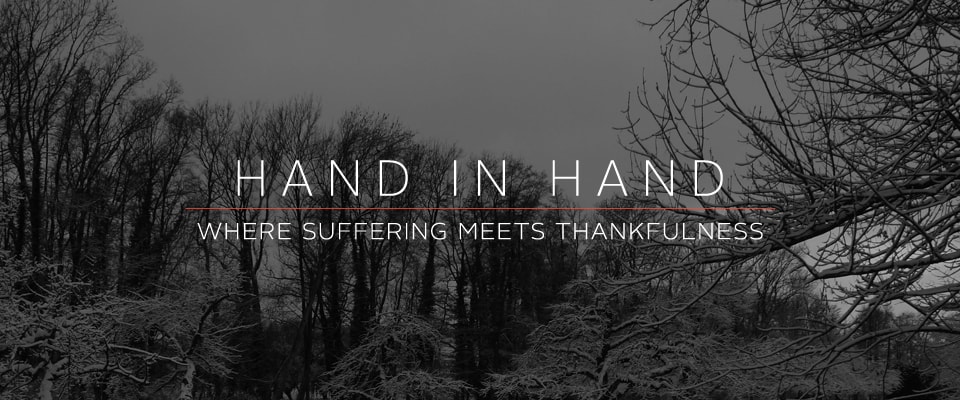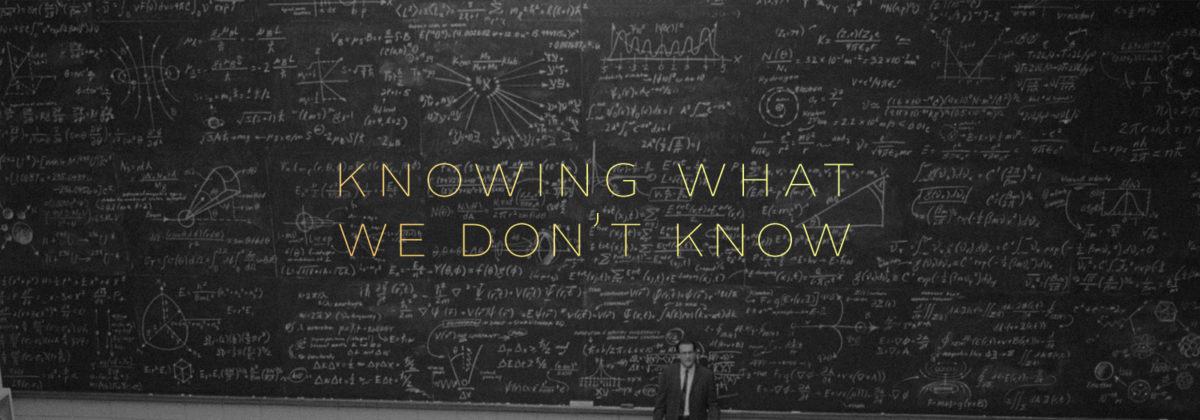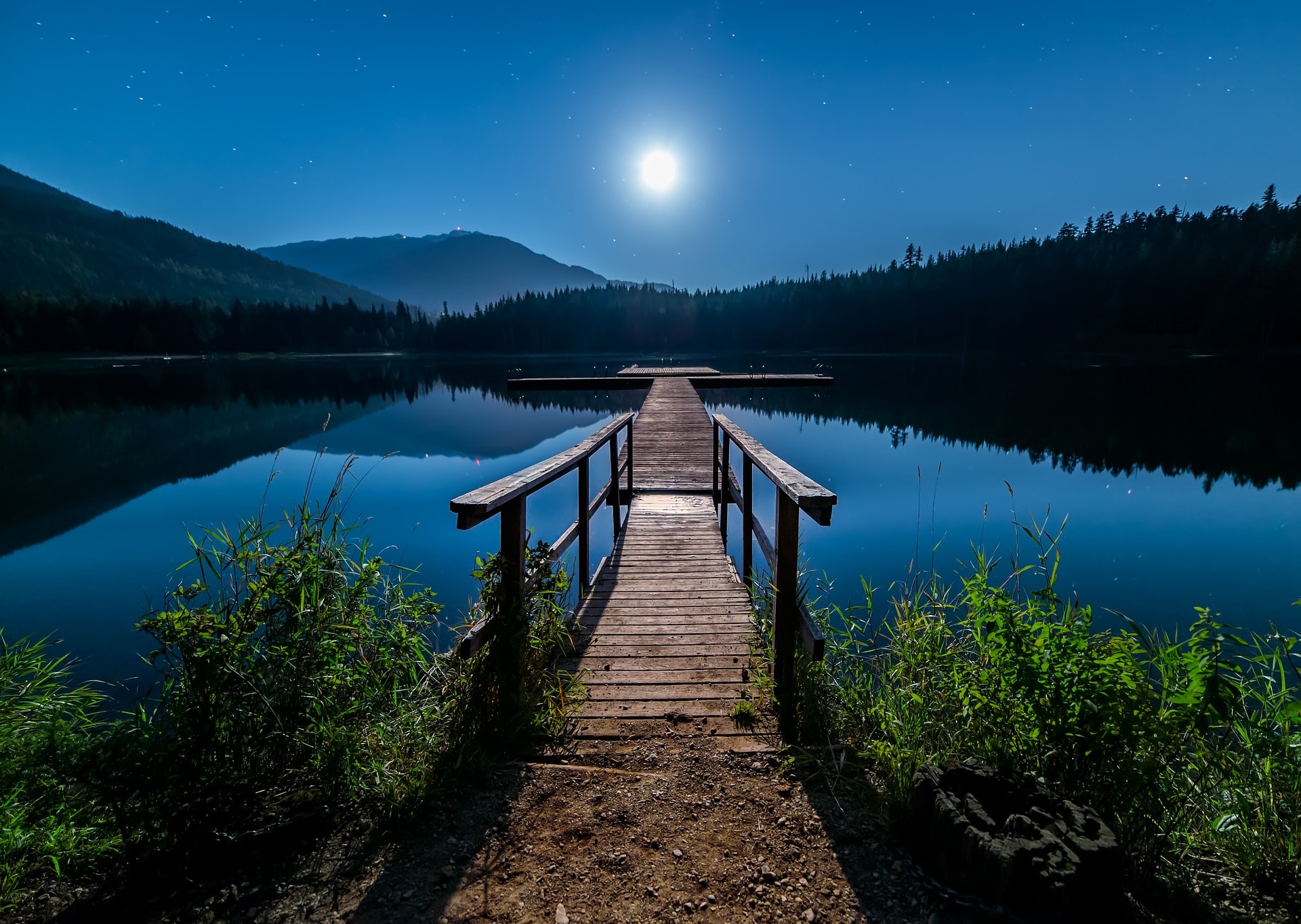I love the Psalms. I love that David engages with the brokenness of the world. I love that he is deeply poetic and brutally honest, and, I love that he argues with God. I used to wonder if it was okay if I admired the fact that David argued with God. When I was younger I thought that you are supposed to worship, love, and serve God, but not wrestle with God. Wrestling with God seemed too bold and a tad too disrespectful. I used to think that thanksgiving and suffering were on separate ends of the spectrum. I couldn’t fathom how thanksgiving and suffering could go hand in hand.
In many ways, I thought to be thankful was to stand in opposition to suffering.
That was, until life happened.
Until disappointments and injuries and goodbyes and cancer and witnessing poverty and war-zones and red-light districts and too-many-funerals-in-too-short-a-time started to creep in on my “grin and bear it” mentality. I came to realize that a theology that separates worship from real life isn’t a worthwhile (or true) theology at all.
Though the world is systemically broken, ugly, and painful, the stunning and freeing truth is that the most honest praise can live, and even thrive, in the same place as the rawest heartache. I think that’s why David’s example is so vital. David understood that life was bittersweet. He tasted of its bounty, and he experienced its brutal brokenness. The tension between goodness and difficulty was written into the very narrative of his existence.
He certainly wasn’t a perfect man or a flawless leader, but he got one thing absolutely right: He based his entire life on the Lord’s presence and on an understanding that God’s character was flawless, unwavering, and always positioned in love towards his people. He knew the character, heart, and sovereignty of God so well, that in the moments of ache and questions and obvious injustice, it didn’t take him long to move from his frustration to a bold claim that God actually was who He said He was.
David’s correct understanding of the character of God also gave him a correct understanding of his own identity. David knew he was desperate for the Lord and entirely hopeless without him. But he also knew that he was unconditionally and unfathomably loved. That understanding gave David the freedom to be his most real self in the ways he met with God.
I don’t know where you’re at today. I don’t know if you’re living in the midst of a season when life is sweet and love is tangible and joy abounds — one of those cherished seasons where goodness is palpable — or if you’re living in the wake of events that are hard and heavy. I don’t know what successes and failures and fears and doubts and insecurities you’re carrying, or if you’re just wrestling with a lot of questions. I don’t know if you’ve given in to apathy or just discovered passion and new perspective. I don’t know if your community is rich, and you feel loved and supported, or if you feel isolated and alone. I don’t know what heartache you’ve faced, or what situations have stretched you almost to breaking. I suspect that for most of us, we’re facing and living in a combination of any number of these things.
My story this year positions itself mostly in the place of ache and pain. My heart has been tried and tested and in so many ways I just feel tired. On the other hand, I know that this year has been so incredibly rich in the emergence of community and the goodness of Jesus. I can tell you so many ways that God’s presence and incredible beauty has illuminated and lessened the struggle and pain. I’ve wept, and I’ve celebrated, and I’ve wrestled and through it all, on different days God has felt both closer than my skin and a million miles away. And yet, in it all, I’ve been entirely captivated by God’s faithfulness to me.
Here’s what I am willing to bank my life on: Brokenness and beauty aren’t mutually exclusive. God enters into both with us and reveals to us his character and unending love in all of life.
It’s out of the place of brokenness where I think David discovered the correct posture of worship and the act of giving thanks. He pursued God with his whole self in whatever context and situation he faced. Which sometimes meant dancing. And sometimes meant weeping and tearing his clothes and begging for justice. It almost always meant a dialogue of desperation and a slew of questions.
He based his holistic approach on one truth that changed everything. He hinged everything on the belief that no matter what season of life, the steadfast love of the Lord was present, and his lips would forever chose to praise him.
Nothing has changed this truth. There is space in God’s presence for the entire spectrum of emotion and challenge and celebration. There is space in community for raw tears and honest questions and for dancing and celebration. There is space for champagne toasts, and for the victories and the events that humble us with their resounding beauty. There is space for snotty-ugly tears and gut wrenching sobs into napkins. There is space for the stories where renewal can be easily highlighted, and there is space for the ones that seem lost in the fog en route to the seemingly elusive promise of redemption. There is space for the dreamers and the doubters alike. For the paupers and the princes. For the romantics and the skeptics. For the sold-out and the cynics and every single person in between.
We can engage fully with the broken reality of where we are and pursue the fullness of the Lord’s unwavering goodness in the same breath. We can wrestle and worship in tandem. Because no matter what and no matter where: His love is better than life itself and our lips have endless reason to praise him.




